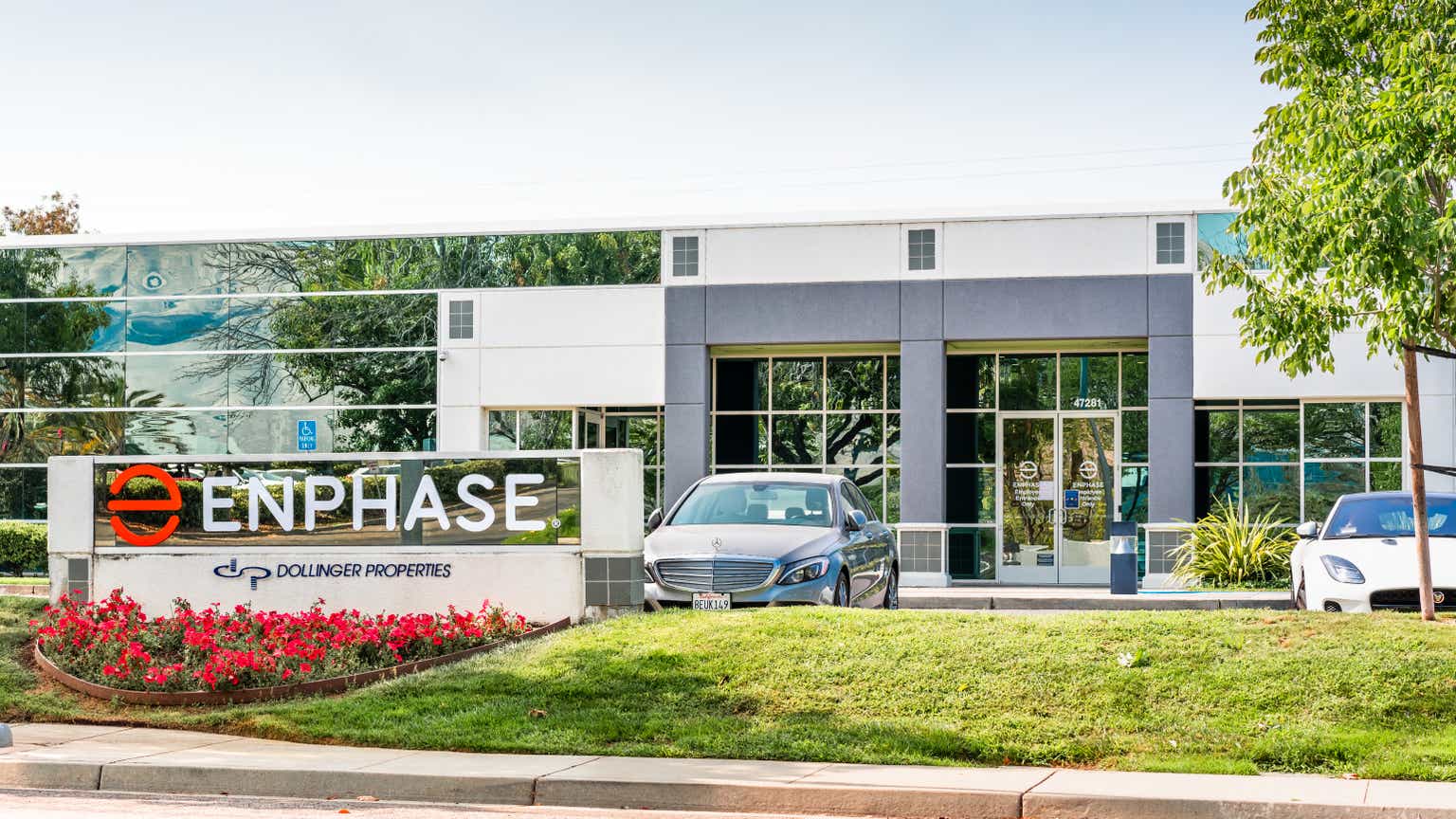The Asian Development Bank (ADB) is poised to finalize its draft energy policy, a move that has sparked significant backlash from civil society organizations. Critics argue that the consultation process has been inadequate, leaving key stakeholders out of discussions that shape investments in critical minerals and strategies to mitigate methane emissions. The ADB contends that it has engaged with non-governmental organizations multiple times; however, the perception of a rushed process raises concerns about the inclusivity and comprehensiveness of the policy development. This situation underscores the tension between institutional objectives and the need for broader stakeholder engagement in energy policy formulation.
The main takeaway from this unfolding scenario is the critical importance of transparent and inclusive consultation processes in energy policy development. As the ADB moves forward, it must address the criticisms by ensuring that diverse voices are heard and integrated into the final policy. The implications of this situation extend beyond the ADB; they highlight the necessity for multilateral institutions to foster collaborative frameworks that prioritize environmental sustainability while also considering the socio-economic impacts of energy investments. A balanced approach will not only enhance the legitimacy of the policy but also promote more effective and equitable energy solutions.









